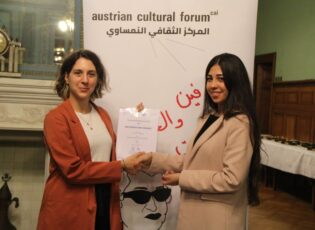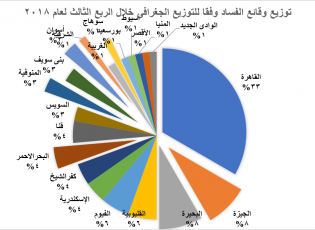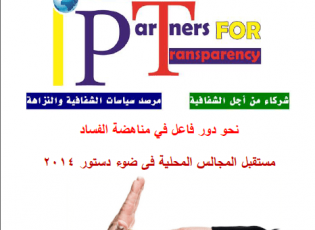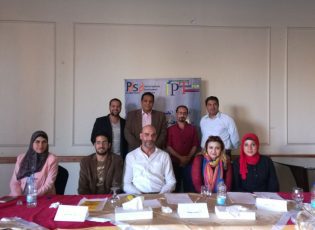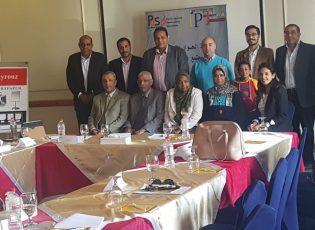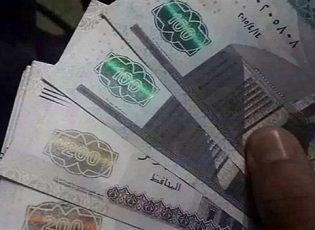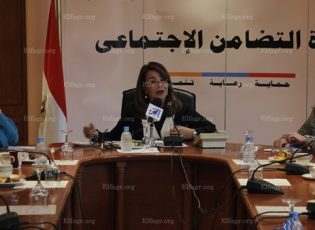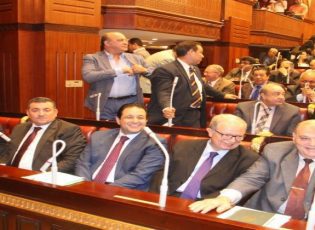Masrawy:
I wrote - Hajar Hosni:
Several human rights organizations issued recommendations regarding the NGO law, despite the government's approval of the law, based on a request by Minister of Social Solidarity Ghada Wali, to submit the organizations ’recommendations and observe them on the law.
Discussion
The National Council for Human Rights held a meeting in which it discussed the provisions of the law, and concluded several recommendations, the most prominent of which were the conditions for registration, which the constitutional article had emptied of its content. That the text allows the organizations to be declared as soon as notified even if their papers are incomplete, and the ministry uses its powers to request the organizations to complete their papers within the specified period of 30 days.
According to Hafez Abu Saada, a member of the Council, the law also added several restrictions in registration, including forcing the owners of associations to bring the criminal newspaper “Fish and Tasbheh”.
The members discussed the third note related to the penalty included in the law, which stipulates a financial penalty ranging between 50 thousand and one million pounds, despite the fact that the origin of the civil work is that it is voluntary work, and he also indicated that this fine does not exist in the Companies Law, which will contribute In closing a lot of associations.
restriction
While the Egyptian Organization for Human Rights submitted to the Ministry of Solidarity its observations on the project, the most prominent of which was the depreciation of the draft law, from the right to organize stipulated in the Egyptian constitution, as it contained in the text of Article (7) new images prohibiting other activities, in contravention of the constitutional text, where the draft added A ban on other forms of civil association activities, and the draft law prohibits political, party and union activity on civil societies, knowing that political activity is the broadest range of partisan activity, meaning that partisan activity is one of the forms of political activity, not the entirety of political action, This means the prohibition of urging citizens to political participation, according to the organization.
Among the notes was that the law prohibits the opening of headquarters or offices affiliated to it in any of the governorates of the republic, subject to its direct supervision, to initiate and implement its various activities, except after the approval of the competent minister, and the draft law restricts Egyptian civil society organizations with regard to obtaining funding from sources either Foreign or domestic, as Article Thirteen stipulates that in the event that an association wants to obtain funding, grants and donations from Egyptians residing in Egypt, it must notify the Ministry of Social Solidarity with a period of thirty days before receiving the funds.
Negative indicators
Abu Saada says that the Higher Work Committee for Amending the Civil Associations Law discussed the Societies' draft for the year 2014, and a drafting committee was formed, including Abu Saada. This committee held discussions about the law with 600 societies, and in the end this law was not adopted and it was replaced by the current law.
Abu Saada added to Masrawy, that if there was good intention from the government to issue a law that everyone agrees on, it would have taken from the beginning the law that was discussed about it, especially since the philosophy of this law emphasizes the liberation of civil society, and if the law came to impose restrictions, then the law is of no value.
He continued, "Because of this, the organizations are preparing drafts and proposals on drafting the law, to clarify the standards that the international community agrees on regarding these laws."
Walaa Jad al-Karim, director of the Partners Foundation for Transparency, believes that in light of the current performance of the Minister of Social Solidarity, Ghada Wali, and her stance on civil society organizations, these are indications that the government does not intend to take into account the recommendations of civil society regarding the NGOs law.
Jad Al-Karim added to Masrawy, today, Sunday, that if the ministry had invited the organizations to a dialogue on the law from the beginning, then there might be hope for these proposals to be adopted, especially since the organizations submitted numerous drafts of proposals on drafting the law.
Short link: https://pfort.org/en/?p=1705





